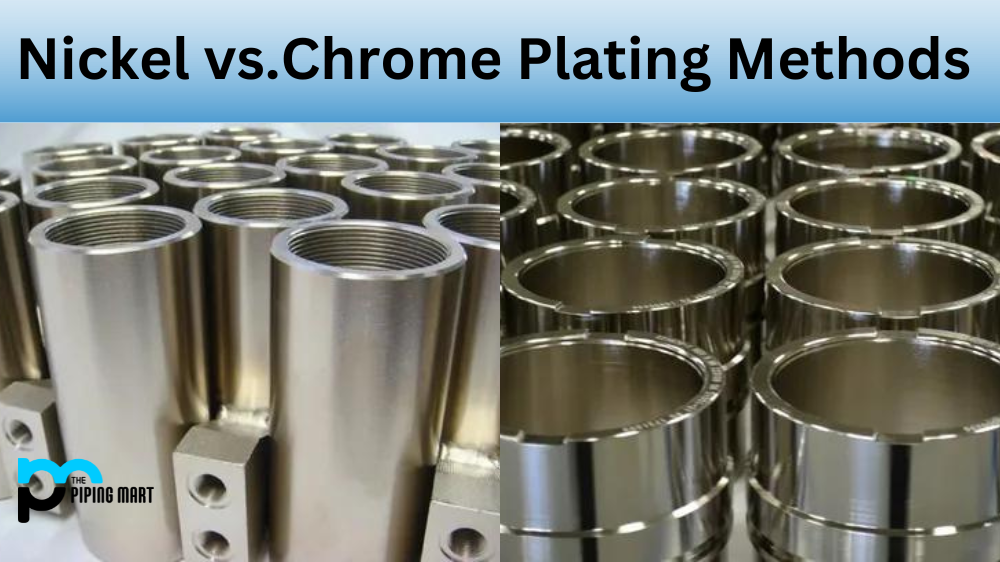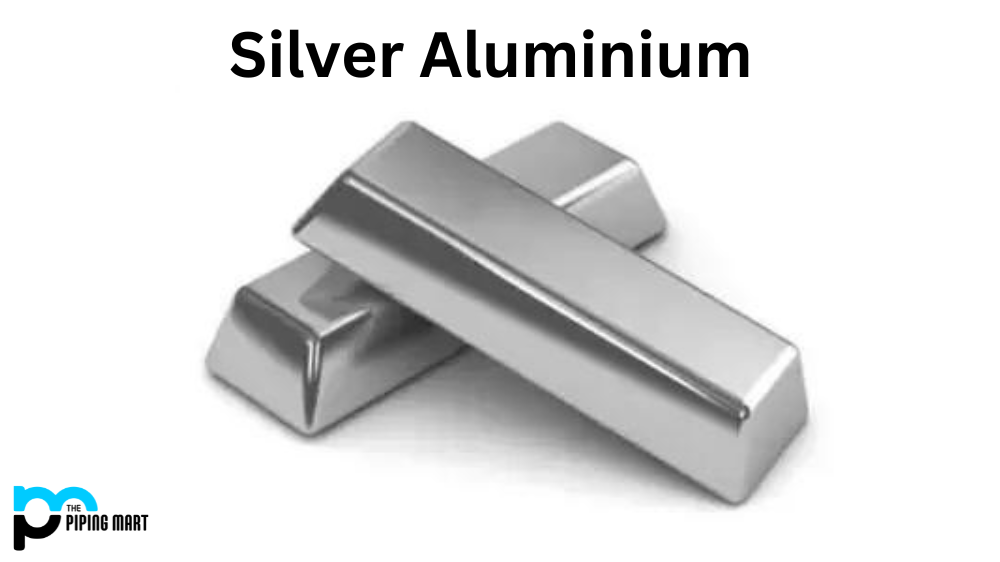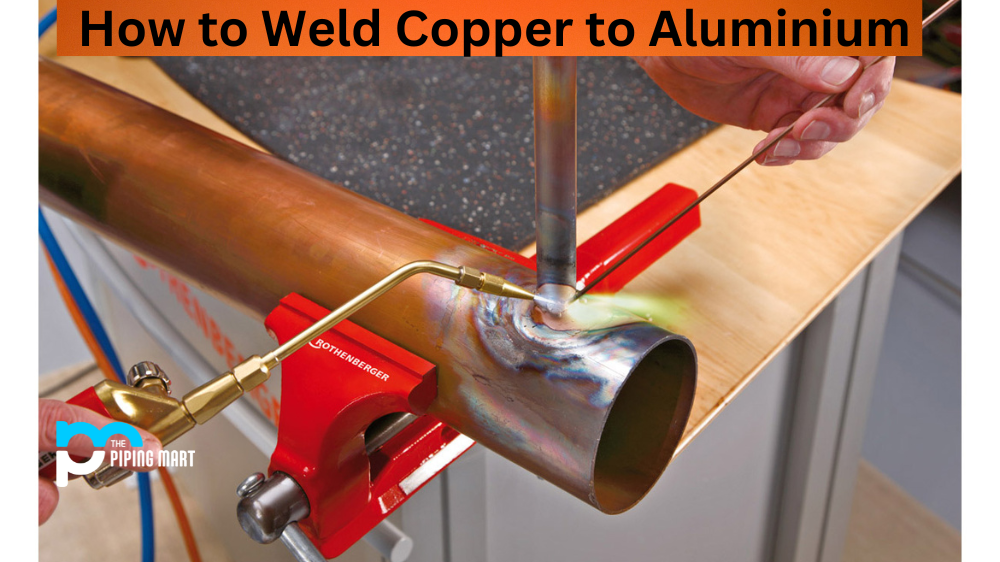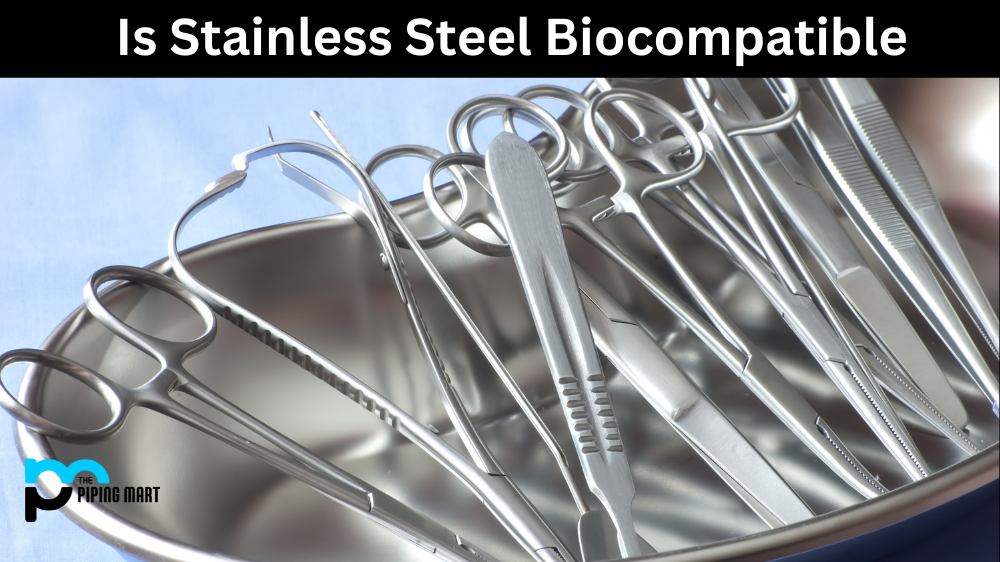Have you ever wondered what the difference is between nickel and chrome plating? While both methods are used for various purposes, from adding decorative finishes to protecting metals from corrosion, there are some distinct differences between them. Read on to understand the major differences between these two processes.
Nickel Plating
Nickel plating is a process in which a thin layer of nickel alloy is applied to the surface of an object made of metal or plastic. It’s primarily used as a protective coating to help prevent corrosion on surfaces exposed to extreme temperatures or moisture. The nickel alloy also provides superior wear resistance and allows parts last longer than they otherwise would. In addition, it has excellent electrical conductivity properties and can be used to improve the efficiency of electrical components such as switches, relays, and connectors.
Chrome Plating
Chrome plating is usually done for aesthetic purposes, although it provides some protection against wear and tear. It involves applying a thin layer of chromium over another metal surface, such as aluminum or brass, to give it a reflective finish. Chrome-plated surfaces are highly resistant to scratching and abrasion, making them ideal for automotive trim pieces such as bumpers, wheels, grilles, etc., where appearance matters more than durability or protection from corrosion or extreme temperatures. However, when exposed to harsh environments, chrome-plated surfaces are not as durable as nickel-plated surfaces because they tend to oxidize more quickly due to their high reactivity with oxygen molecules in the air.
Difference Between Nickel plating and Chrome Plating
- Nickel plating is a process that involves adding a layer of nickel to a metal surface to protect it from corrosion or wear.
- Chrome plating is a process that involves adding a layer of chrome to a metal surface to protect it from corrosion or wear.
- Nickel plating is typically used on steel, iron, brass, and copper. Chrome plating is typically used on aluminum, stainless steel, and magnesium.
- Nickel plating is more expensive than chrome plating.
- Nickel plating offers better protection against corrosion than chrome plating.
- Nickel plating is more difficult to remove than chrome plating.
Conclusion:
In summary, nickel plating provides superior wear resistance and corrosion protection compared to chrome plating due to its unique properties. On the other hand, chrome plating offers superior aesthetic appeal because it gives the metal a reflective finish that won’t fade easily over time. Depending on your needs, either could be the right choice for your application; just consider all factors before deciding which method is best for you!

Hey, I’m Krutik, a casual blogger expert in the metal industry. I am passionate about providing valuable information to my readers. With a background in engineering and construction, I like playing Cricket & watching Netflix shows in my free time. Thank you for visiting my blog, and I hope you find my information helpful!




